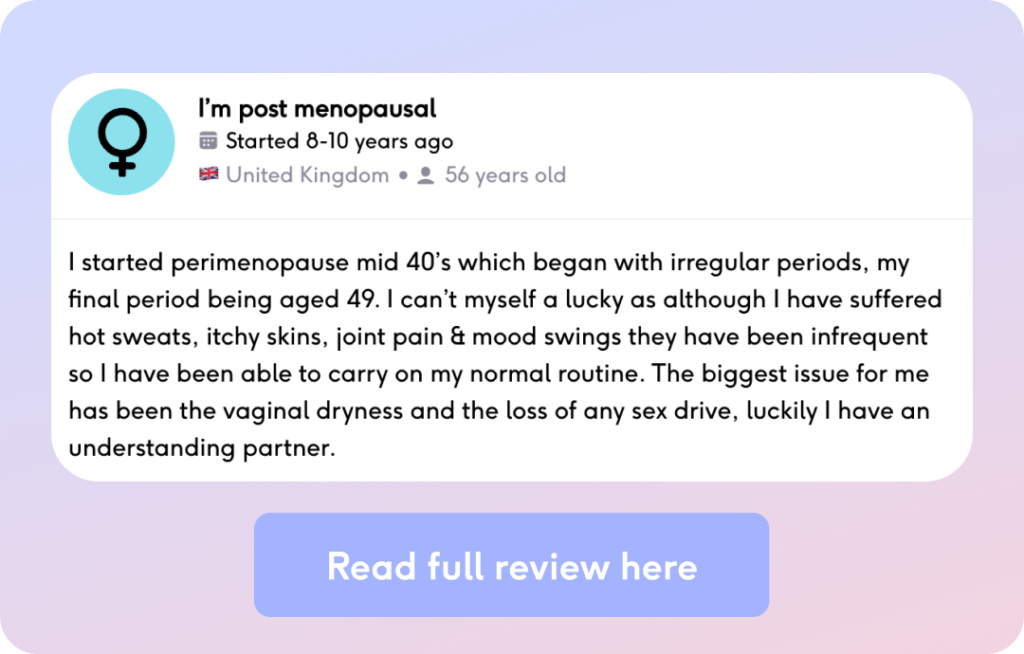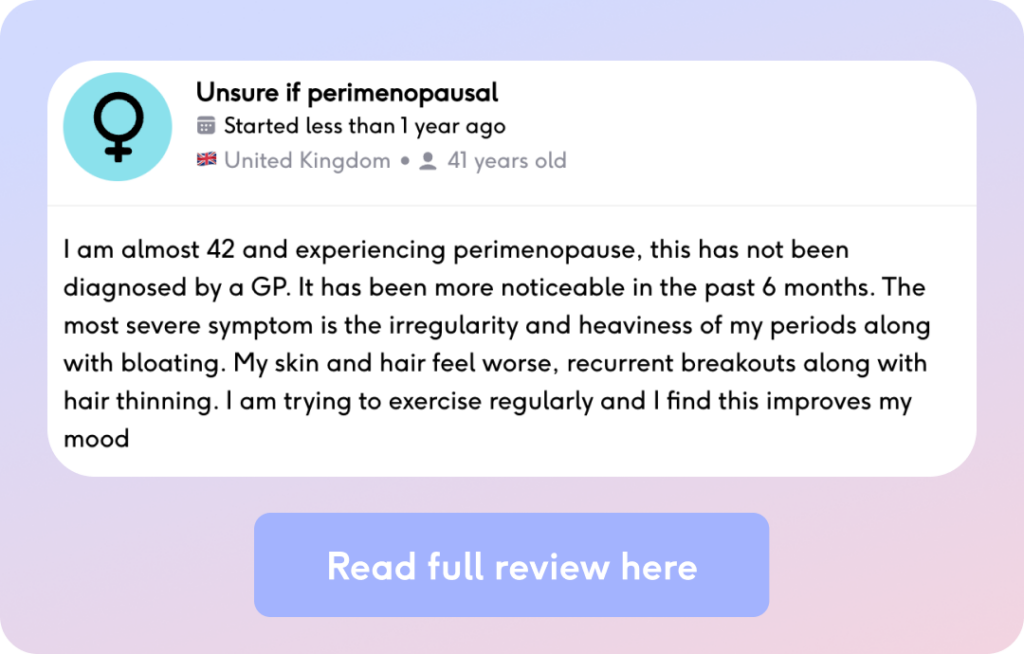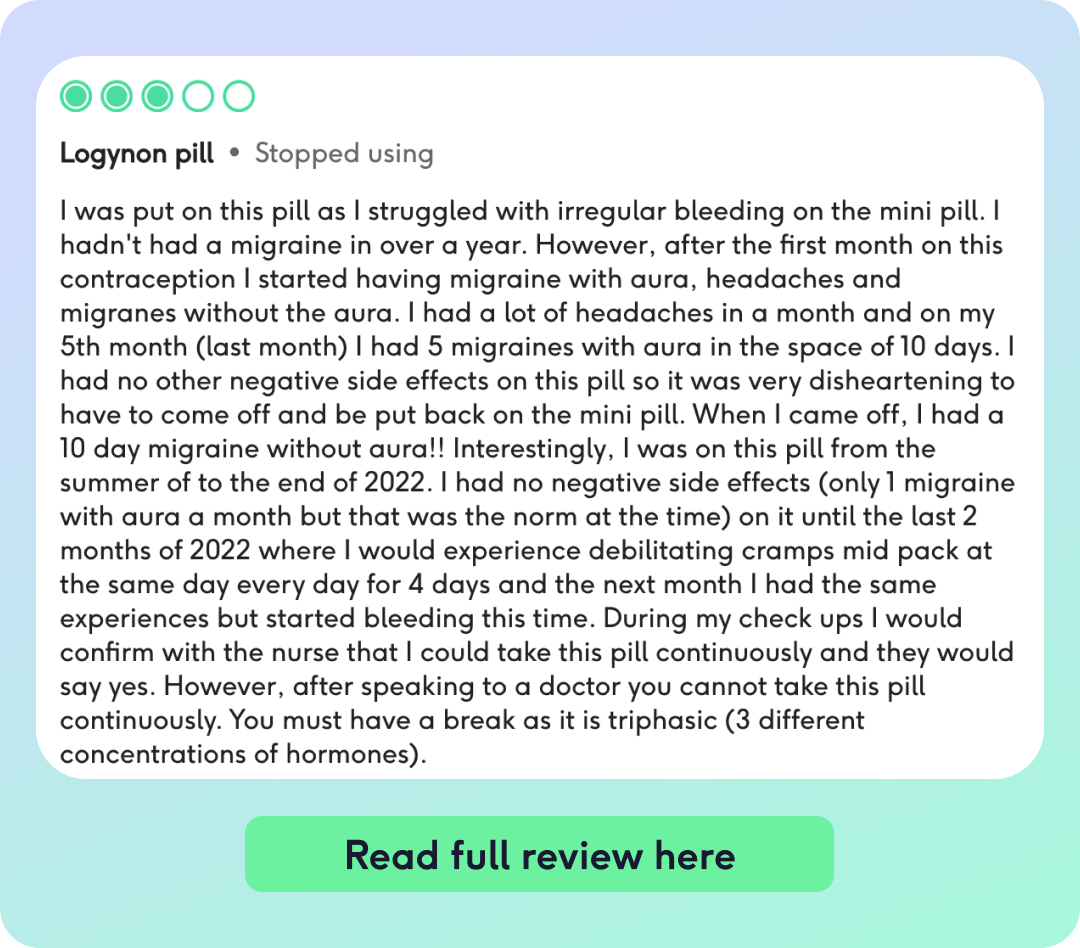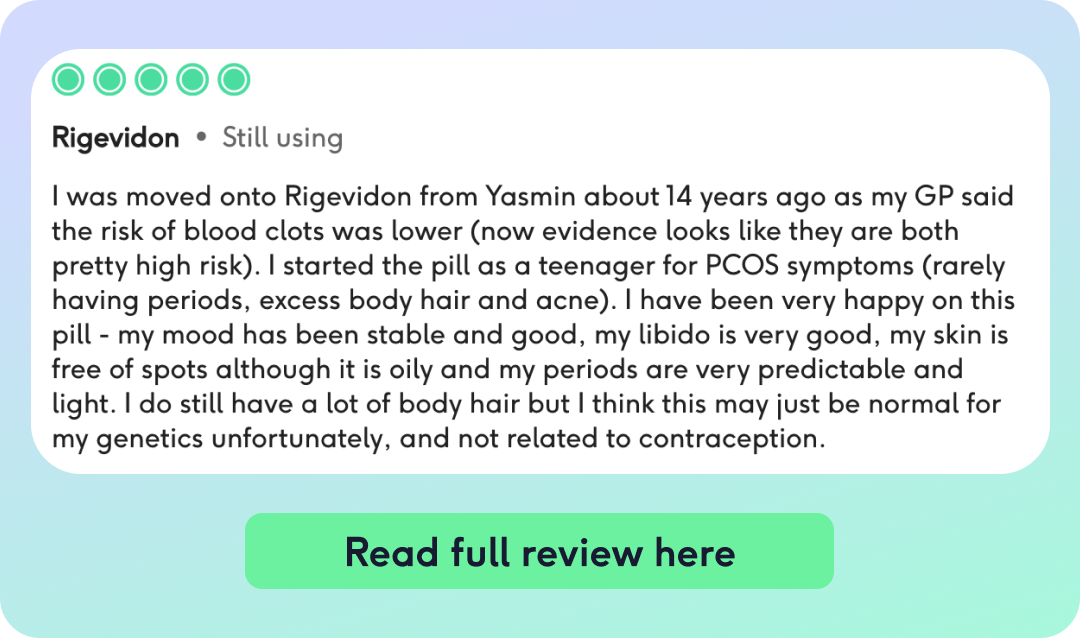
Irregular periods: what causes them and how can you manage them?
In this article
What's the lowdown?
Irregular periods are common
If you do not have enough periods, this can affect your womb, bone and heart health
Many conditions, not just gynaecological conditions can contribute to irregular periods
Not all irregular periods need to be treated and treatments for irregular periods will depend on the underlying cause
Irregular periods
Periods. 450, on average, to last us a lifetime. But that’s considering they are regular1.
Just like we can’t predict the weather, we cannot always predict when our periods will greet us. But, it is natural to have some reasonable changes to your period cycle, flow or length.
For most menstruators, periods come roughly every 28 days and last for 4 to 7 days.Sometimes the cycle length can last between 21 to 35 days. Nothing to worry about, that’s still normal!
But, some periods don’t follow this average pattern. They come and go as they please, leaving us at their mercy when they plan their surprise visit.
So what is an irregular period? Some of the signs of an irregular period are,2,3:
- Having fewer than 21 days or longer than 35 days between periods
- Skipping three or more periods in a row (medically called amenorrhoea)
- Your cycle length varies by more than 9 days between each period (eg. one cycle length is 30 days then the next is 42 days)
Medically, infrequent periods (between 4 to 9 periods per year, or a cycle longer than 35 days) are referred to as oligomenorrhea4. A little medical history: Oligomenorrhea is a Greek word, “oligo” meaning few, “meno” meaning menstruation and “rrhea” meaning flow! The more you know!
If you miss 3 periods in a row or have no period for 6 months (if you’re not using hormonal contraception) this is called amenorrhoea.
Causes of irregular periods
Why is my period irregular? Well, there are common medical conditions or life events that can cause irregular periods.
Causes of irregular periods3:
- The start of your periods at puberty
- Perimenopause
- Pregnancy
- Contraception
- Weight loss or gain
- Stress/Anxiety
- Excessive physical activity
- Polycystic Ovarian Syndrome (PCOS)
- Primary Ovarian Insufficiency
- Thyroid gland disorders
- Pituitary gland disorders
- Uterine or ovarian cancers
Irregular periods and life stage
Teens
According to the American College of Obstetrics and Gynaecology, it can take about six years or more for your period to regulate after your first period5. Yup, that is a long time, but give it a bit of time before rushing to the doctors.
20s, 30s & 40s
By this point, your periods should have settled into a pattern. So if you relate to the symptoms of an irregular period, we recommend you book a GP appointment. Before your appointment, get to know your periods and record information about your cycle, flow and length. The more you can share with your doctor, the better you can advocate for yourself and get the necessary answers!
Perimenopause & menopause
In the years leading up to menopause, called perimenopause, it is common to have irregular periods due to hormonal changes. They might shift from predictable to unpredictable in this life stage6. At the time you have no periods for a full year, you have officially reached a new stage in life called menopause. Any bleeding after this stage is abnormal and needs to be addressed by a doctor.
Perimenopausal and postmenopausal experiences differ wildly, as we know, we’re all unique!


Miscarriage
As you have just experienced some huge hormonal changes, it might take a few months before your periods return to your regular cycle. So if your usual cycle is irregular, it’ll likely stay irregular7.
After birth
Your hormones have completely shifted schedule while carrying your little baby. Now baby is out and in your arms, your hormones can take a while to normalise. You might notice a short amount of time with irregular periods post-pregnancy before they stabilise. Similarly, if you have irregular periods before pregnancy, it’s likely your periods will be irregular post-birth8.
Coming off the pill
You might react differently to coming off the pill compared to another person. In fact, it can usually take a few months on average to see your periods return to a regular cycle . However, if the pill was used to manage irregular periods, you are likely to go back to irregular periods.
From the Lowdown’s data, we know that out of 698 reviews of the combined pill, 43% of users got their usual cycle back within 2 months, and similarly, 44% of 310 progestogen-only pill users within 2 months (from data until August 2024).
How irregular periods can affect your body
As we know, the ebb and flows of our hormones cause your periods. First, a quick recap on periods!
So if our hormones are not acting in sync, then our period might become irregular. But, that’s not all. Our hormones do so much more than control the release of an egg (ovulation) and periods. Hormones also have an important role in your overall heart and bone health.
Frequent irregular periods may increase the risk of iron deficiency anaemia if you are bleeding regularly.
Infrequent periods (less than 3 per year) can be more concerning for medics. Depending on the underlying cause of irregular periods, the effects can include4:
- Weakening of the bones (osteoporosis): Oestrogen plays an important part in maintaining bone strength. If the cause of your irregular periods is related to a low level of oestrogen, your bone health can be impacted.
- Heart disease (cardiovascular disease). If the cause of your irregular periods is related to a low level of oestrogen, this can increase the risk of heart disease. This is why men have higher rates of heart conditions as they do not have the protective effect of oestrogen.9
- Thickening of the endometrial layer (endometrial hyperplasia): Having irregular periods means that the lining of your womb continues to build without shedding, becoming unusually thick. This can then increase the chances of endometrial cancer. This is why doctors recommend having at least one period every three months.
Diagnosis
Before doing any investigations, your doctor will try to understand you and your periods a little better. They should ask about cycle, flow and period length, your lifestyle and any recent changes, along with any other medical conditions you and your family might have. So it’s good to have these answers prepared before your appointment.
If they think it’s necessary, doctors can arrange blood tests to look at hormone levels alongside imaging. A pelvic ultrasound can be used to look at the ovaries or occasionally a brain scan to look for any problems with the gland in the brain that controls your hormones4.
Irregular periods: Treatment
Not all irregular periods need treating. If you are having a period at least once every three months, your doctor might just ask you to monitor it. Unless, of course, you have a medical condition that needs treating.
Lifestyle modifications
Stress and anxiety are becoming a 21st-century epidemic. Simple changes to reduce your stress levels like meditation, relaxation techniques or removing the stressors in your life is a good start. If weight is a factor in irregular periods, putting on or losing some weight can kick them back into gear.
Hormonal contraception
Most often birth control, usually the combined contraception pill (COCP), is the first line of treatment for causes of irregular periods such as PCOS. Birth control delivers a stable dose of hormones that can regulate periods.
The COCP comes in many brands. They are all completely safe but sometimes can come with side effects4. Some COCP brands might work wonders for you while others can afflict you with unwanted side effects. Hear from some of our community members about their positive or negative experiences of the combined pill.


Medical conditions
If there is an underlying medical condition, such as thyroid or pituitary disorder, specific treatments to correct them should also have a spillover effect on regulating your periods. However, hormonal contraception might be offered as well4.
Summary
Irregular periods should not always ring alarm bells. Sometimes they can be a normal side effect from life stresses or weight fluctuations. But in some people, there could be an underlying cause interfering with your periods.
Don’t wait, best to get checked! Like they say: better safe than sorry!
And if you want to skip the long waiting times, head on over to The Lowdown and book an appointment with one of our GPs. We will listen to your worries and guide you through the next steps.
Our medical review process
This article has been medically reviewed for factual and up to date information by a Lowdown doctor.






